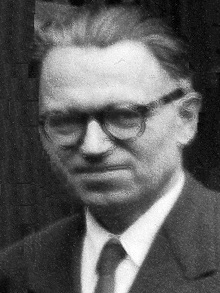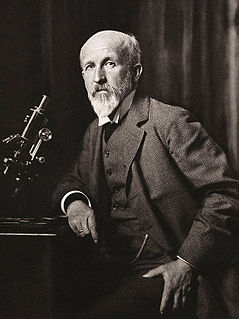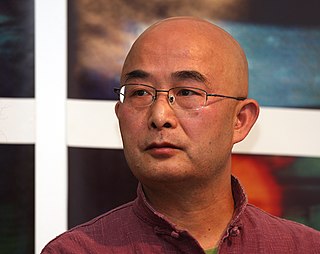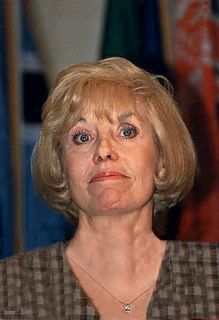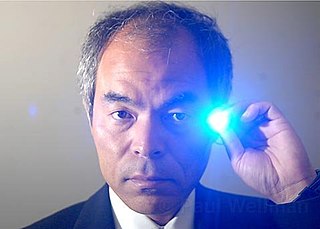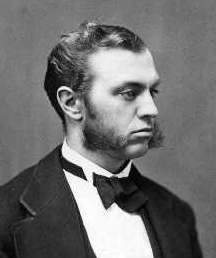A Quote by Edith Widder
In 2008, the Nobel Prize in Chemistry was awarded for work done on a molecule called green fluorescent protein that was isolated from the bioluminescent chemistry of a jellyfish, and it's been equated to the invention of the microscope in terms of the impact that it has had on cell biology and genetic engineering.
Related Quotes
The citation for the 1971 Nobel Prize in Chemistry reads, 'for contribution to the knowledge of electronic structures and geometry of molecules, especially free radicals,' and therefore implies that the Prize has been awarded for a long series of studies extending practically over my whole scientific life.
I grew up in Muenchen where my father has been a professor for pharmaceutic chemistry at the university. He had studied chemistry and medicine, having been a research student in Leipzig with Wilhelm Ostwald, the Nobel Laureate 1909. So I became familiar with the life of a scientist in a chemical laboratory quite early.
We suppose that could be considered a hedged position for the awards committee, one that would never occur in the hard sciences such as physics and chemistry, where a prize shared among three with divergent views would be an embarrassing mistake or a bad joke. While a Nobel Prize might well be the culmination of a life’s work, shouldn’t the work accurately describe the real world?
Two years ago I was on the train from Berlin to Frankfurt when I heard that the Nobel Peace Prize had been awarded to my close friend, the writer Liu Xiaobo, who is imprisoned in China. To me it was confirmation that universal values and a moral code do exist, and that the point of the Nobel Prize is to encourage writers to stand up for this moral code. Last Thursday I was once again on the train from Berlin to Frankfurt when I heard that the Nobel Prize for Literature had gone to Mo Yan. He is a state poet. I am utterly bewildered. Do these universal values not exist after all?
I took biology in high school and didn't like it at all. It was focused on memorization. ... I didn't appreciate that biology also had principles and logic ... [rather than dealing with a] messy thing called life. It just wasn't organized, and I wanted to stick with the nice pristine sciences of chemistry and physics, where everything made sense. I wish I had learned sooner that biology could be fun as well.

